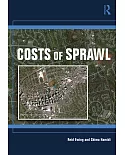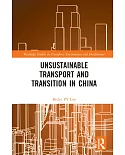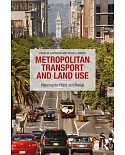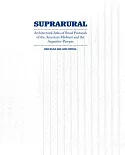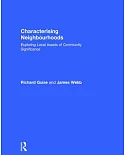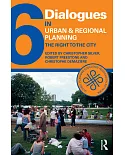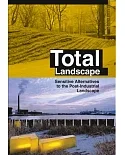At the time of its implementation in 1991 New Zealand's Resource Management Act (RMA) was hailed as a radical new approach to planning that would both achieve better environmental outcomes and
benefit developers by working rapidly and more efficiently. While the system has not delivered all of its early promises, the RMA did transform New Zealand's planning system by creating a
central environmental mandate that swept away a raft of single purpose legislation.
Sustainability is at the heart of the planning and policy endeavours of almost every country in the world and it is vital that we develop the knowledge and skills to achieve sustainability in
practice. Now that the RMA has been in force for nearly two decades there is enough evidence to analyse the impact of this groundbreaking legislation and identify the lessons that can be
learned by planning practitioners across the world.
As the first and most extensive attempt to institute sustainability at a national level, covering all resources from land to water, the RMA offers valuable experience to inform any other
jurisdiction attempting to do the same. Each chapter of this book focuses on a particular resource or issue, providing details of the development of resource management policy and plans and
comparing achievements with overseas models.
This book offers a practitioner's insight into the RMA and those strategies and techniques that have proved successful in delivering its aims, and spells out the lessons that can be applied to
the planning systems of other countries.



